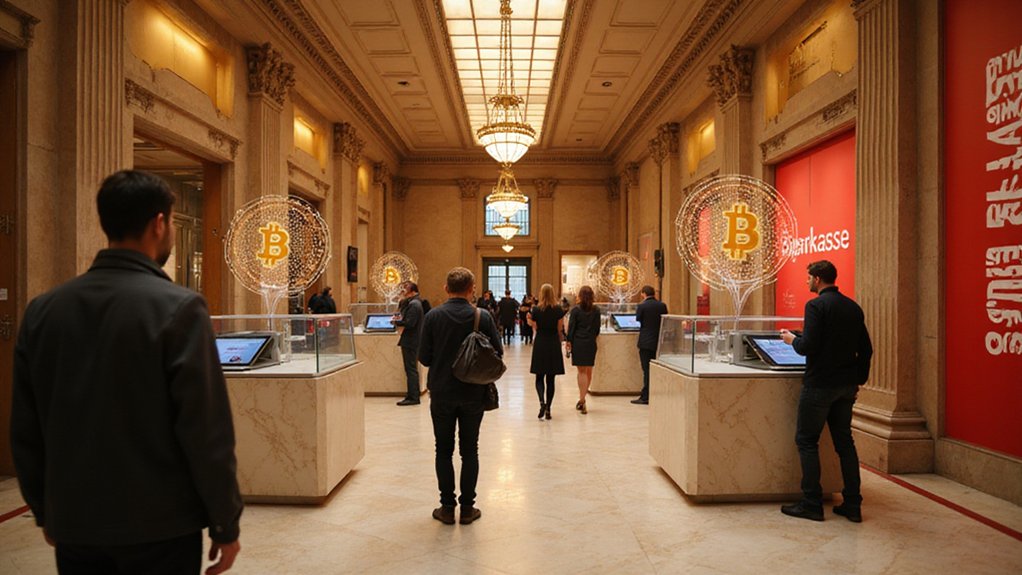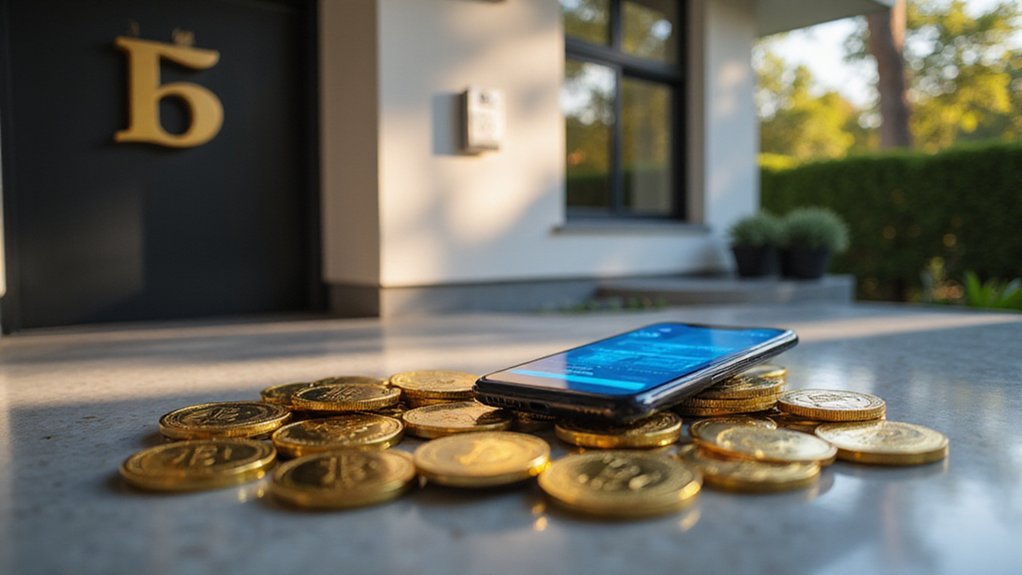When a banking institution that represents nearly 350 savings banks and serves roughly 50 million customers—approximately 60% of Germany’s population—decides to pivot from crypto skeptic to digital asset evangelist within the span of two years, one might reasonably wonder whether this represents shrewd institutional evolution or capitulation to market forces that have rendered traditional resistance futile.
Sparkassen’s announcement that it will enable Bitcoin trading through its mobile banking platform by summer 2026 marks more than a mere product expansion; it constitutes a fundamental recalibration of German banking orthodoxy. The institution that rejected crypto offerings as recently as 2023, citing volatility and risk concerns with the kind of institutional gravitas typically reserved for matters of national security, now finds itself positioning as a pioneer in mainstream digital asset adoption.
The transformation owes much to the EU’s Markets in Crypto-Assets (MiCA) framework, which has provided the regulatory clarity that European banks have long claimed to desperately need (though one suspects they were equally desperate to avoid the compliance costs until market pressure became unbearable). This regulatory backdrop complements Germany’s broader shift toward crypto acceptance, particularly following the introduction of tax-free sales for cryptocurrencies held over one year, which has significantly enhanced the investment appeal for retail participants. The comprehensive framework includes strict authorization requirements for crypto service providers, ensuring that institutions like Sparkassen must meet rigorous standards for transparency and supervision.
DekaBank, owned by the Sparkassen entities, will facilitate the trading infrastructure—a sensible arrangement that allows the parent organization to maintain appropriate distance while reaping the benefits of crypto integration.
What makes this development particularly significant is not merely the scale—50 million potential users represents a client base that would make most fintech startups weep with envy—but the cultural shift it represents. The German Savings Banks Association’s (DSGV) support for this initiative signals that institutional resistance has given way to pragmatic acceptance that digital assets have become too significant to ignore.
The competitive implications extend well beyond Germany’s borders. While European banking giants like BNP Paribas and Société Générale have focused on custody and tokenization services, Sparkassen’s direct retail trading approach positions it ahead of peers who may have underestimated retail demand for seamless crypto access.
Whether this bold venture proves prescient or premature will depend largely on execution and market conditions. However, when an institution representing 60% of a major economy’s population embraces digital assets, the reverberations will likely extend far beyond German banking halls.









